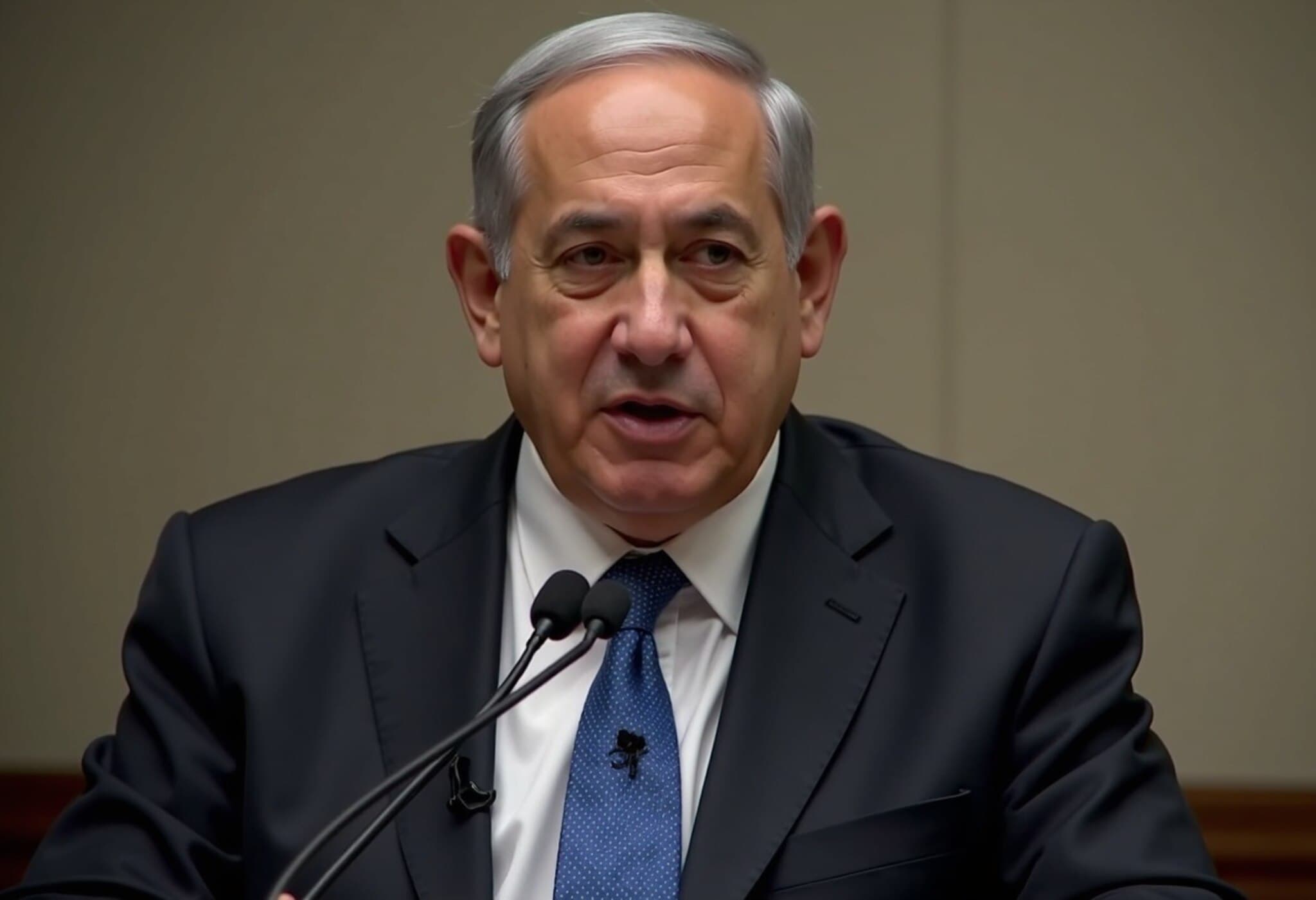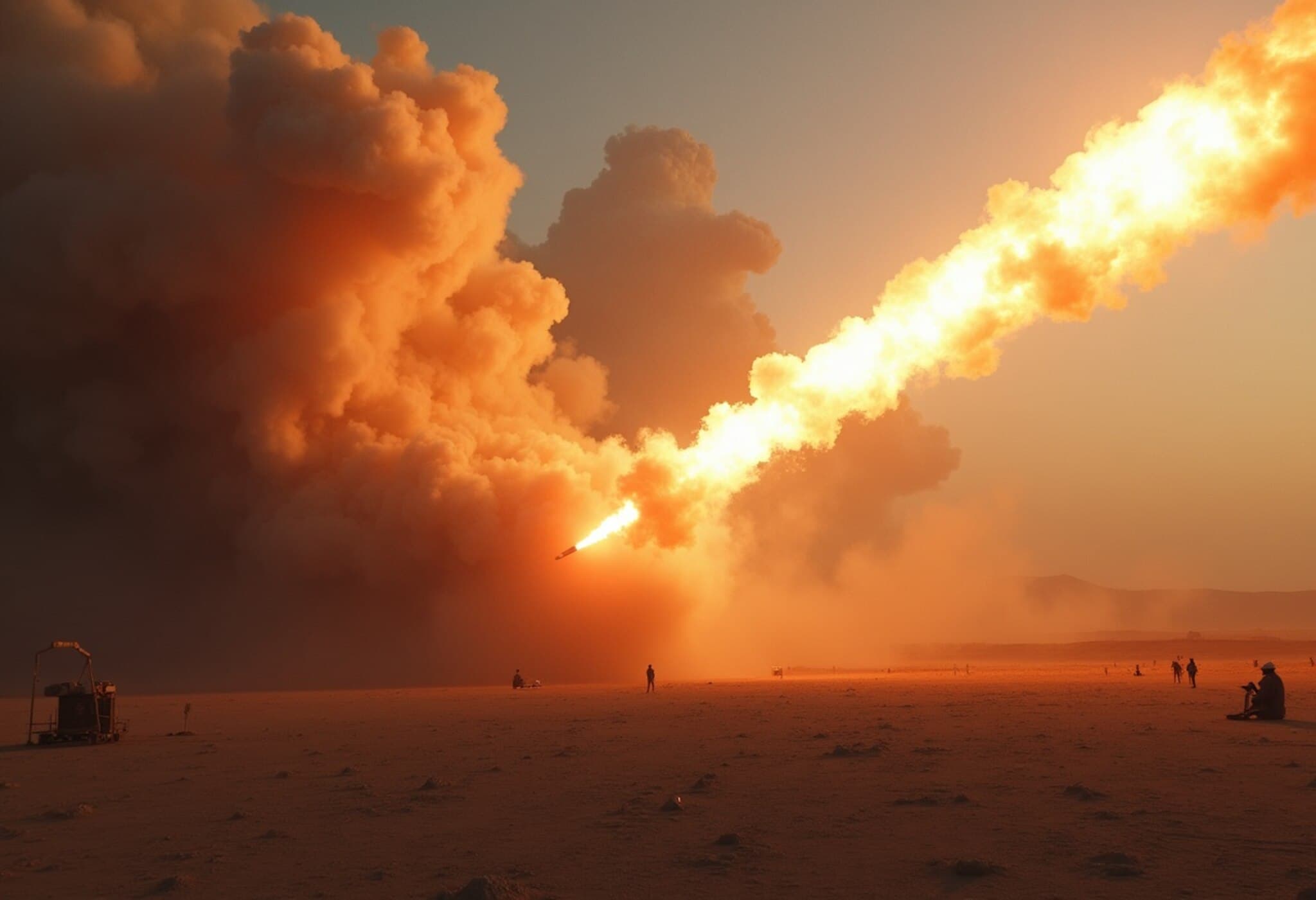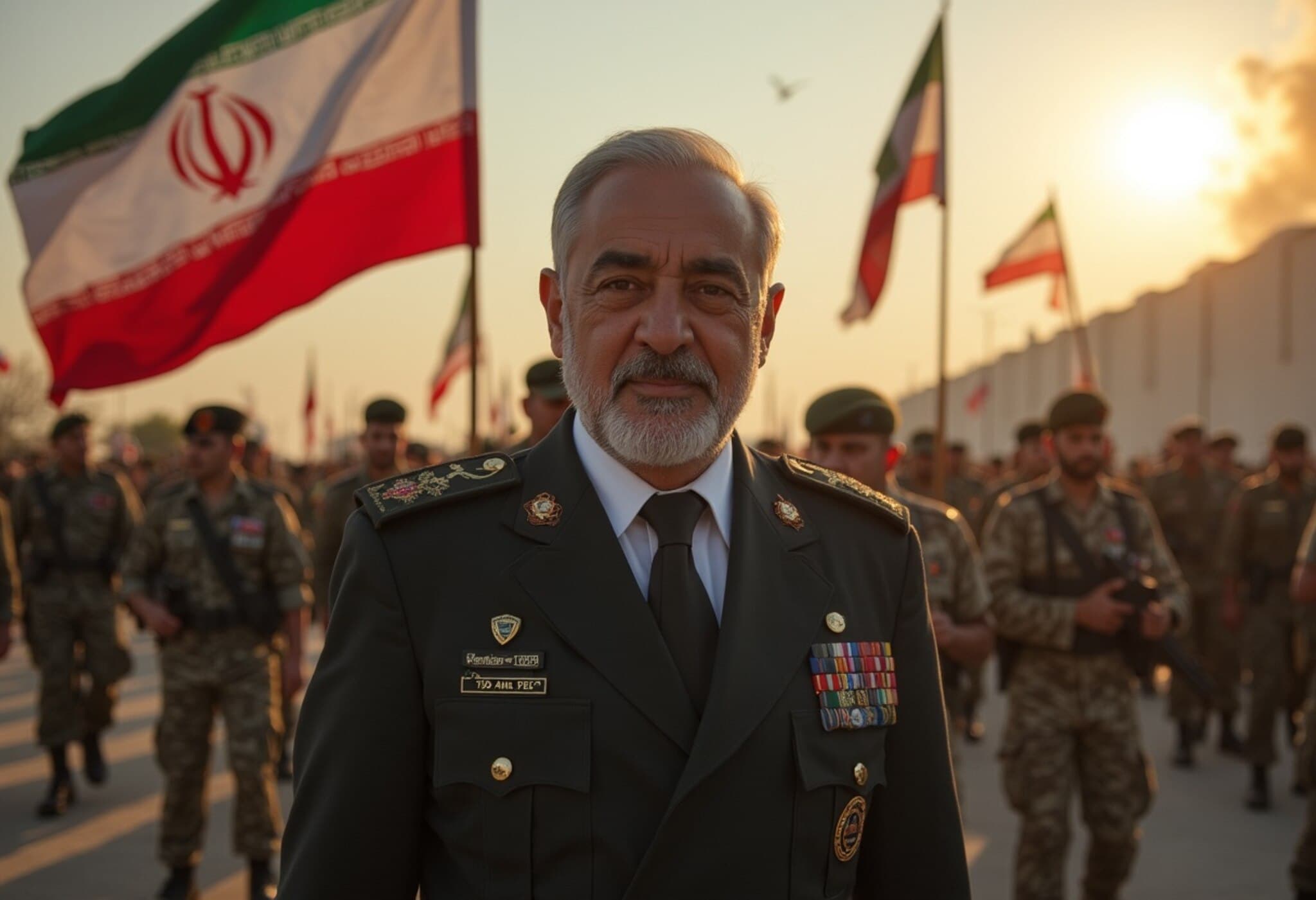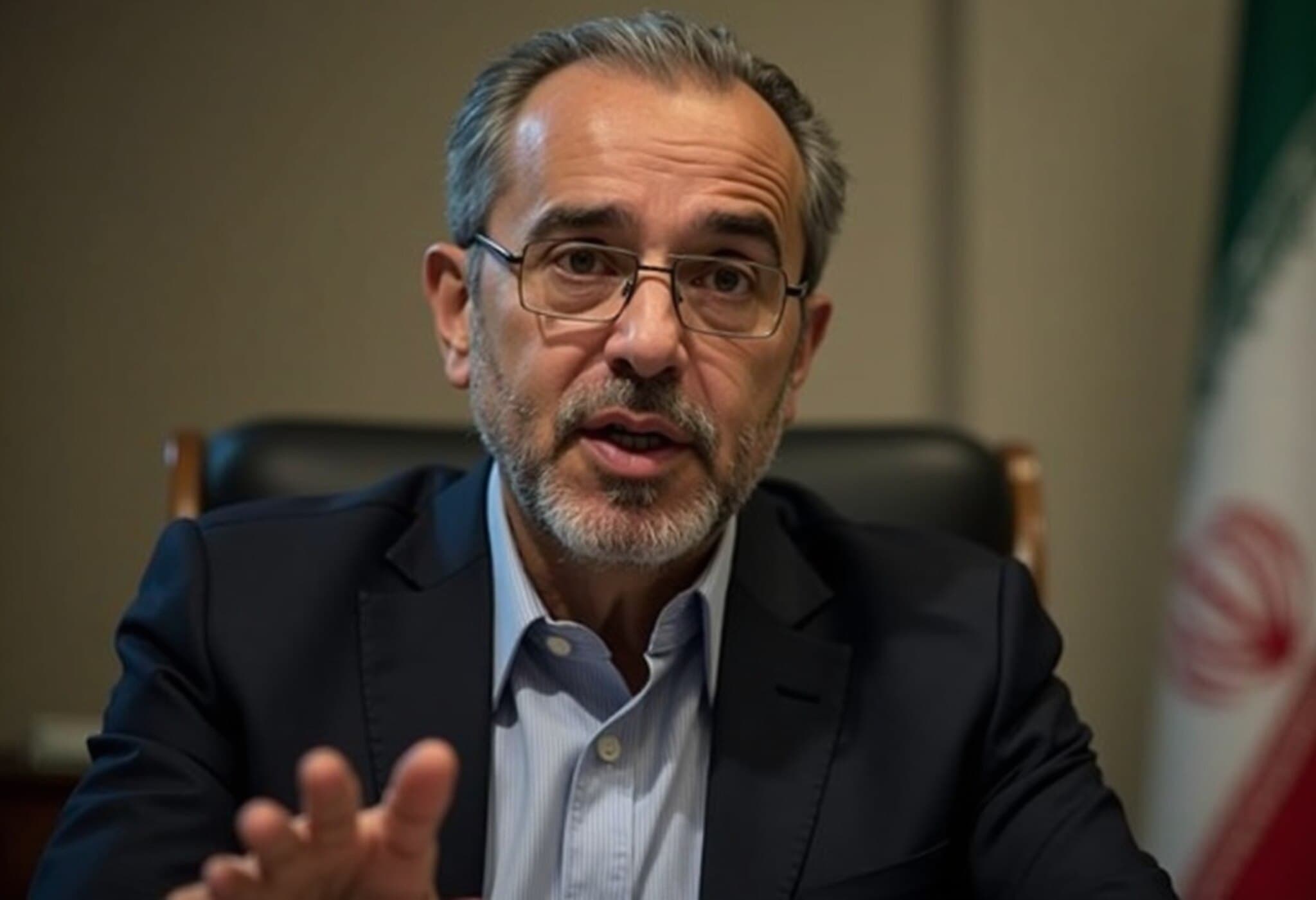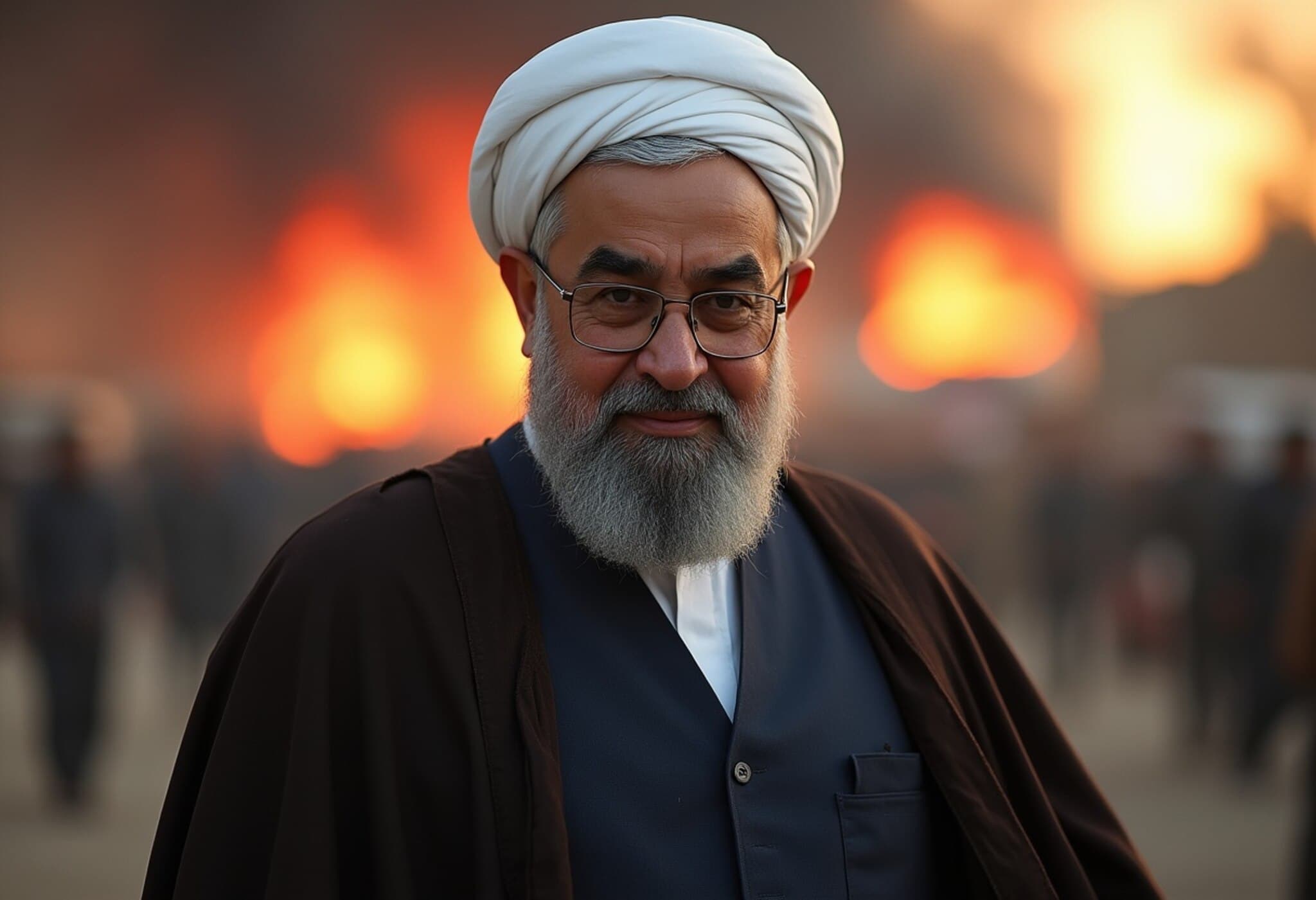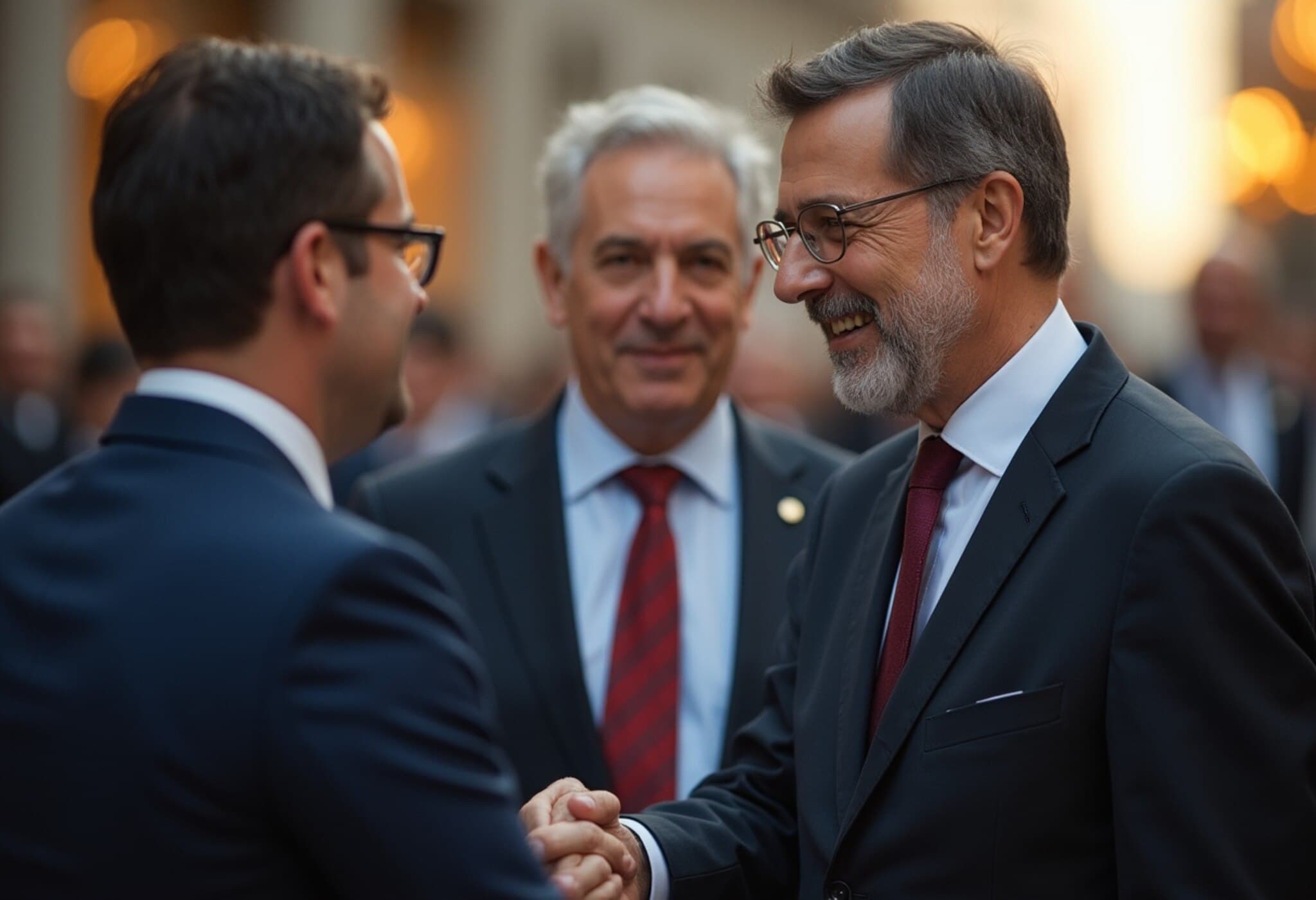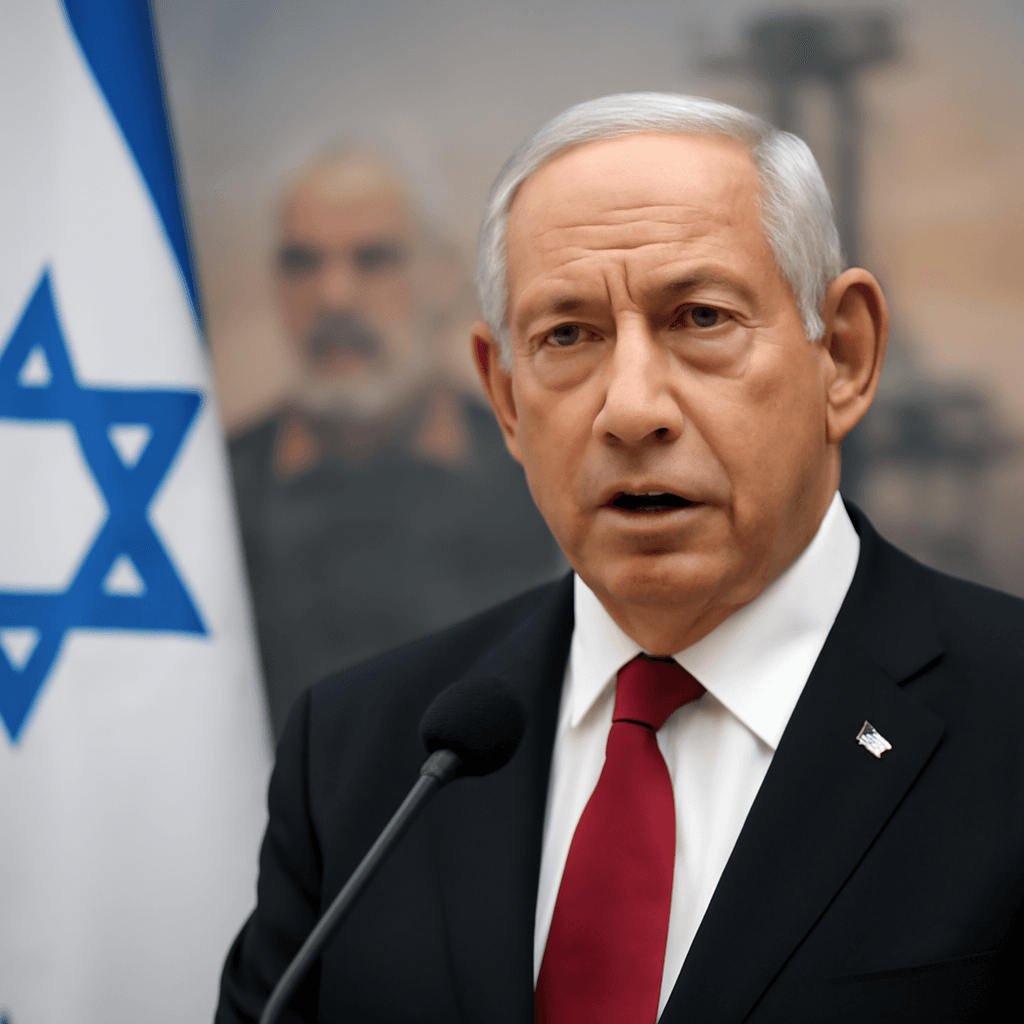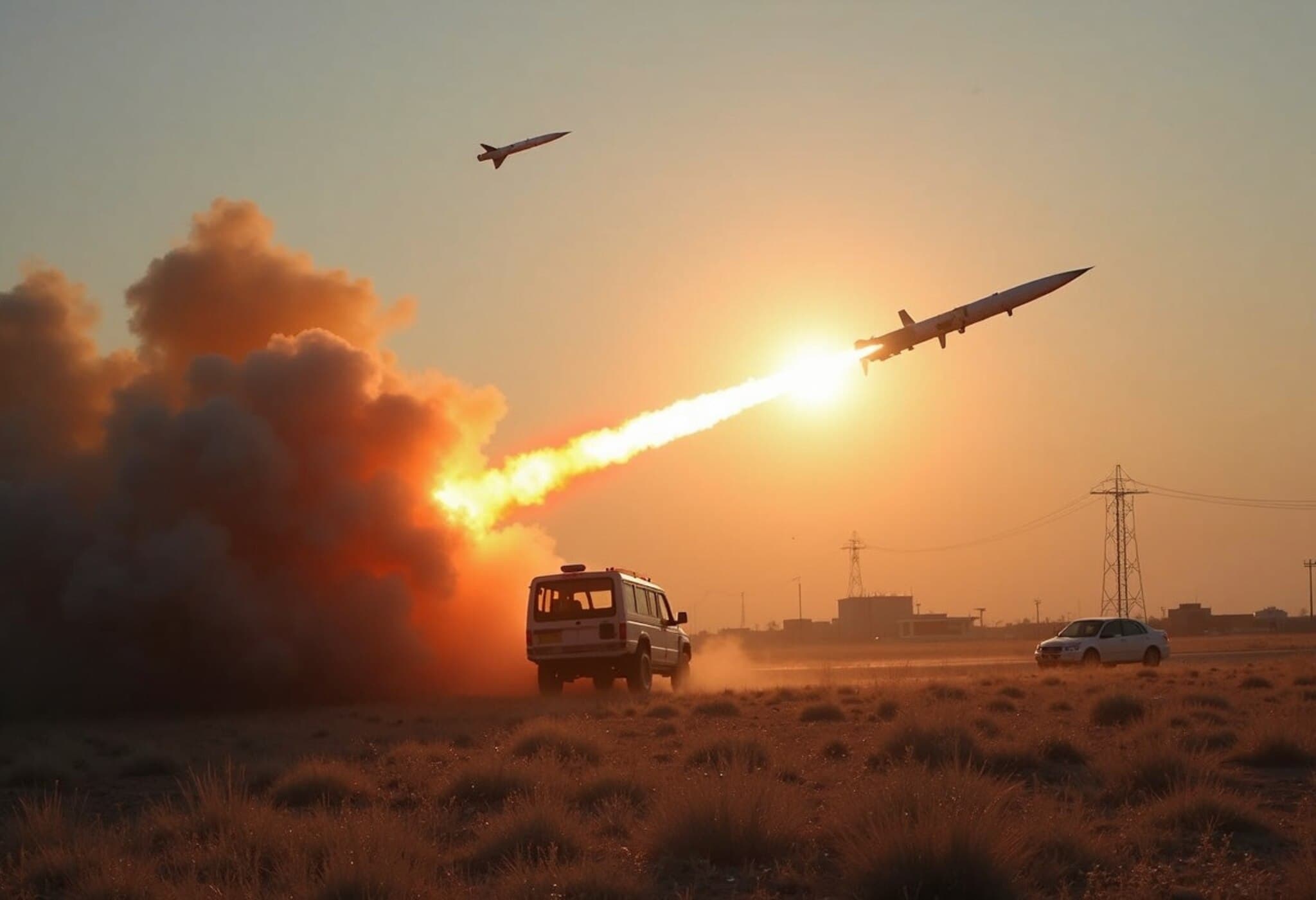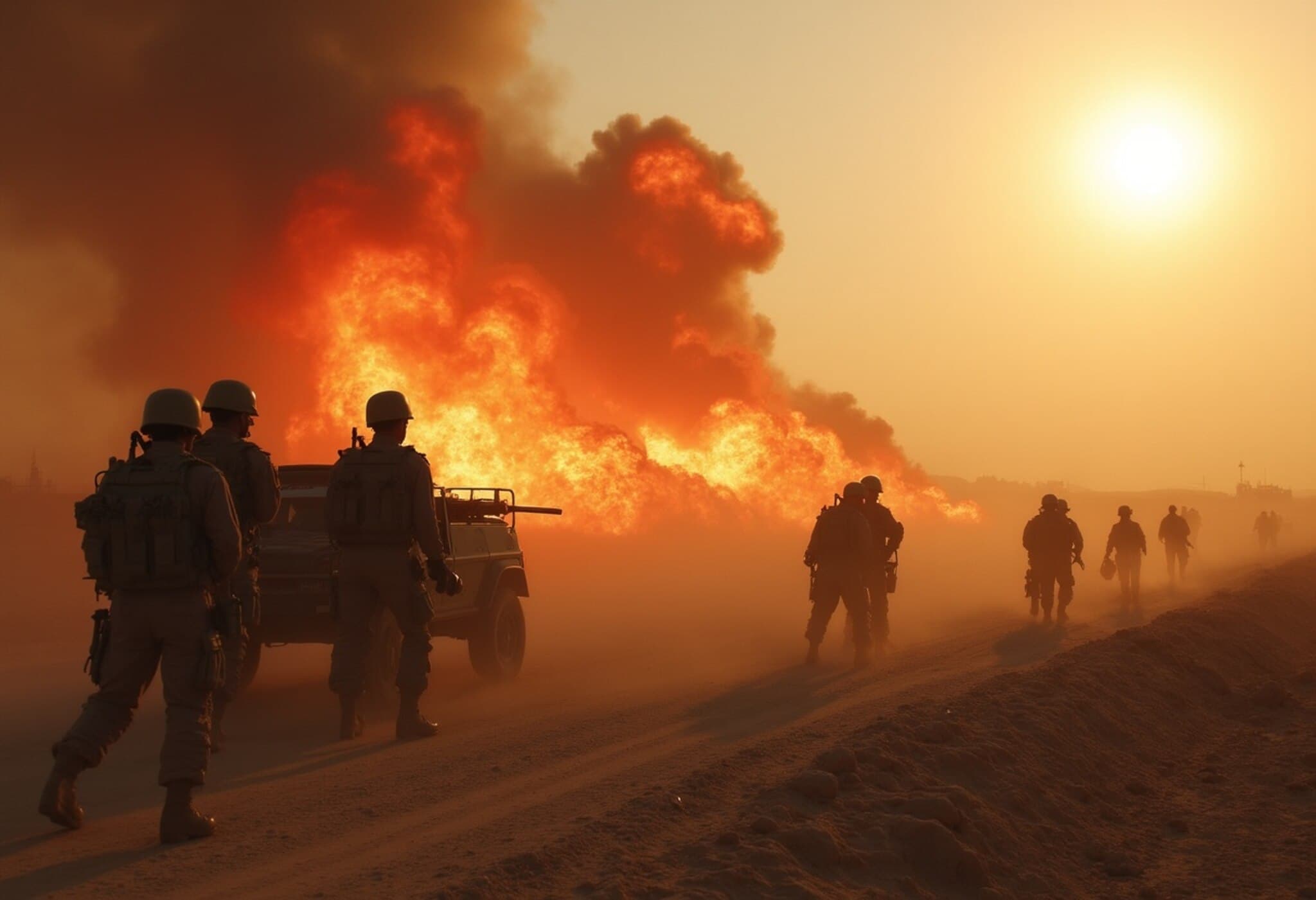Netanyahu Targets Iran's Nuclear and Military Sites
Israeli Prime Minister Benjamin Netanyahu recently announced a series of strikes against Iran, focusing on nuclear facilities and military targets in an effort to thwart Tehran's nuclear ambitions. These operations extended beyond just nuclear sites to include key military commanders and nuclear scientists, aiming to undermine the Iranian leadership's stability.
Striking at the Heart of the Regime
In a video statement following airstrikes on over 200 locations inside Iran, Netanyahu urged the Iranian people to unite against their government. He framed the attacks as part of a broader strategy to disrupt Iran’s nuclear progress and simultaneously weaken the Islamic Republic itself.
"The time has come for the Iranian people to stand up for their freedom from the oppressive regime," Netanyahu said, emphasizing that Israeli actions are intended to clear the path for change within Iran.
Beyond Nuclear Sites: Targeting Leadership
The recent strikes hit more than nuclear plants and missile bases—they eliminated multiple top military commanders and nuclear experts. This approach suggests a deliberate attempt to degrade Iran's leadership and shake its internal cohesion. Such direct hits could damage Iran’s image both domestically and among regional allies, potentially intensifying dissatisfaction amid existing economic and social issues.
Diverging Views on Iran’s Nuclear Program and Regime
There is no single consensus on how to address the challenge Iran poses. Some officials in Israel and the United States focus primarily on halting Iran’s nuclear program, advocating incentives such as sanction relief in exchange for nuclear disarmament and curtailing support to militant groups.
Others see the root problem as the continued existence of the Islamic Republic itself. They argue that Iran’s leadership remains intent on Israel's destruction rather than deterrence, viewing diplomatic efforts as mere delays. The recent Israeli strikes, heavily aimed at military figures rather than just nuclear facilities, reveal Netanyahu’s alignment with this latter viewpoint.
Can Strikes Trigger Regime Change?
Israel appears to hope these decisive strikes will spark unrest and possibly lead to the regime’s collapse. However, this goal carries significant risks. Despite growing internal dissatisfaction due to economic hardships and social restrictions, deep-rooted hostility toward Israel and the regime's control through security forces complicate prospects for widespread uprising.
Power in Iran largely rests with hardline factions, notably the Islamic Revolutionary Guard Corps (IRGC), which hold significant military and economic influence without needing civilian approval. These groups may react to attacks with increased hostility or by tightening their grip on power.
Potential Outcomes and Regional Impacts
- If Iran's leadership remains intact, the nuclear program may persist in some form, despite setbacks.
- Continuous airstrikes might be needed if the regime endures.
- Unrest or instability in Iran could ripple across the Middle East, affecting millions of people.
- Alternatively, Iran might withdraw from the Nuclear Nonproliferation Treaty, following a path similar to North Korea’s nuclear development.
The roles of global powers like Russia and China are also crucial, as their current cooperation with Iran may blunt international sanctions and pressure.
Looking Ahead: Uncertainties and Risks
Netanyahu’s ultimate aim appears to be regime change, though even supporters acknowledge this is far from guaranteed. The example of potential successors raises concerns that an even more hardline leadership could emerge, escalating tensions further.
Historical evidence warns that regime change by external military action often leads to unintended consequences. Meanwhile, the internal debate within Iran over nuclear weapons and policy may shift dramatically after the loss of key figures in these strikes.
As the situation evolves, Israel faces challenging decisions about its next moves and whether diplomatic avenues might regain prominence in containing Iran’s ambitions.

